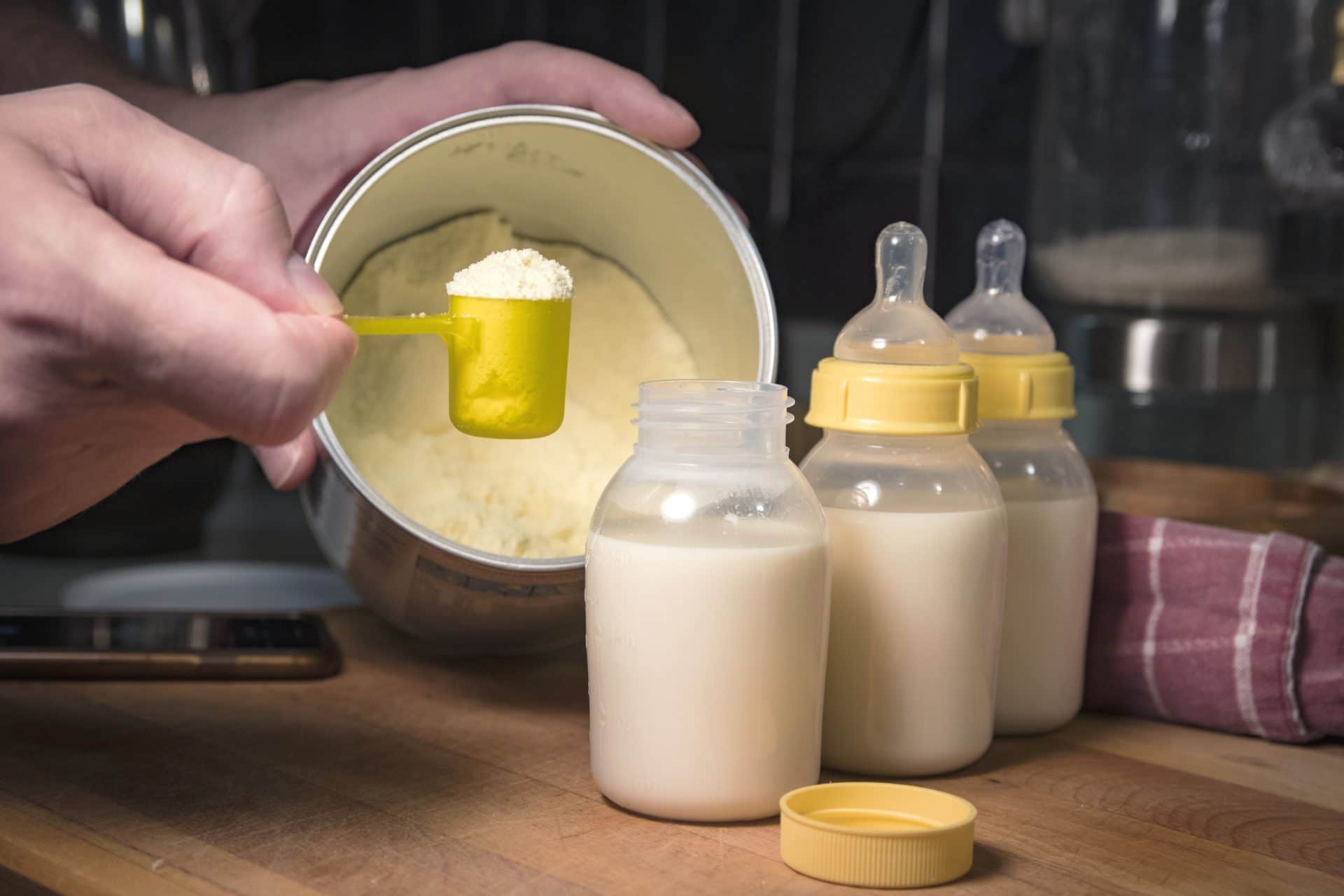

Articles
How To Store Baby Formula Powder
Modified: February 23, 2024
Learn the best way to store baby formula powder to keep it fresh and safe for your little one. Read our informative articles for helpful tips and guidelines.
(Many of the links in this article redirect to a specific reviewed product. Your purchase of these products through affiliate links helps to generate commission for Storables.com, at no extra cost. Learn more)
Introduction
When it comes to taking care of your little one, ensuring that their nutrition needs are met is of utmost importance. For parents who use baby formula powder, proper storage is crucial in maintaining its quality and safety. Storing baby formula powder correctly not only ensures that it remains fresh and free from contamination but also helps to preserve its nutritional value.
In this article, we will guide you through the steps necessary to store baby formula powder effectively. From choosing the right container to understanding the importance of proper sealing and storing conditions, we will provide you with the knowledge you need to keep your baby’s formula safe and ready for use.
Before we dive into the specifics, it’s essential to note that following these storage guidelines is essential to prevent any potential health risks associated with improper handling of baby formula powder. By adhering to these tips, you can give your baby the best possible start in life.
Key Takeaways:
- Properly storing baby formula powder is crucial for maintaining its freshness, nutritional value, and safety. From choosing the right container to inspecting expiration dates, following these steps ensures your baby receives the best possible nutrition.
- When traveling with formula, plan ahead, pre-measure portions, and invest in insulated bags. Prioritize your baby’s safety by following airline regulations and packing extra supplies. With proper storage and handling, your baby will always receive the highest quality nutrition.
Read more: How To Store Formula Milk
Step 1: Choosing the Right Container
Choosing the right container is the first step in storing baby formula powder correctly. The container you select plays a crucial role in preserving the formula’s quality and preventing any contamination.
Here are a few factors to consider when choosing a container:
- Airtight: Look for containers that have a tight seal to prevent moisture and air from entering. This helps to maintain the freshness of the formula and prevent any potential spoilage.
- BPA-Free: Opt for containers that are free from BPA (bisphenol A), a chemical that can leach into the formula and potentially harm your baby’s health.
- Opaque: It’s best to choose containers that are opaque or have a dark tint. This helps to protect the formula from exposure to light, which can lead to nutrient degradation.
- Easy to Clean: Ensure the container is easy to clean and sterilize to maintain hygiene standards.
Common options for storing baby formula powder include plastic containers with tight lids, glass containers with airtight seals, and single-serve formula pouches. Choose the one that best suits your needs and preferences.
Once you have selected a suitable container, it’s important to clean and sterilize it thoroughly before use. This removes any potential bacteria or residue that may be present, ensuring the formula remains safe for consumption.
Now that you have chosen the right container, let’s move on to the next step: cleaning and sterilizing the container.
Step 2: Cleaning and Sterilizing the Container
Properly cleaning and sterilizing the container before storing the baby formula powder is crucial to ensure that it remains free from any potential contaminants. Follow these steps to clean and sterilize the container:
- Wash with Warm, Soapy Water: Start by washing the container with warm water and mild dish soap. Use a clean sponge or bottle brush to scrub away any residue or oils.
- Rinse Thoroughly: After washing, rinse the container thoroughly with running water to remove any soap residue.
- Sterilize: To sterilize the container, you have a few options:
- Boiling Water: Place the cleaned container in a pot of boiling water for at least 5 minutes. Ensure that the container is completely submerged and allow it to cool before handling.
- Sterilizing Solution: You can also use a sterilizing solution or tablet specifically designed for baby bottles and containers. Follow the manufacturer’s instructions for the correct dilution and soak the container for the recommended time.
- Sterilizing Machine: Another option is to use an electric sterilizing machine that uses steam to sterilize the container. These machines are convenient and efficient, providing a quick and thorough sterilization process.
- Dry Completely: Once the container is sterilized, allow it to air dry completely. Use a clean, lint-free towel to pat dry if needed.
By properly cleaning and sterilizing the container, you ensure that any potential bacteria or contaminants are eliminated, creating a safe environment for storing the baby formula powder.
Now that you have a clean and sterilized container, let’s move on to the next step: measuring and portioning the formula.
Step 3: Measuring and Portioning the Formula
Accurately measuring and portioning the baby formula powder is crucial to ensure proper nutrition for your little one. Follow these steps to measure and portion the formula correctly:
- Read the Instructions: Start by reading the instructions provided on the formula packaging. Different brands may have different recommended measurements, so it’s important to follow the specific instructions for the formula you are using.
- Use a Clean Scoop: Ensure that the scoop you are using is clean and dry. Remove the scoop from the container, and level it off using a clean, straight edge to remove excess powder.
- Measure the Recommended Amount: Depending on your baby’s age and nutritional needs, measure the recommended amount of formula powder and transfer it into the container. Use the scoop provided with the formula or a dedicated formula dispenser for accurate measurements.
- Do Not Pack the Powder: While it may be tempting to pack the powder tightly into the scoop, it’s important to avoid doing so. Packing the powder can result in more concentrated formula, potentially causing digestive issues for your baby.
- Ready-to-Feed Formula Alternative: If you are using ready-to-feed formula instead of powder, simply pour the recommended amount into the container without the need for measuring.
It’s important to note that once prepared, baby formula should be used within a specific time frame (refer to the formula packaging for guidelines). It’s generally recommended to prepare only as much formula as your baby will consume in one feeding to avoid wastage and ensure freshness.
Now that you have measured and portioned the baby formula powder, let’s move on to the next step: sealing the container properly.
Step 4: Sealing the Container Properly
Sealing the container properly is essential to maintain the freshness and quality of the baby formula powder. Follow these steps to ensure a secure seal:
- Ensure the Container is Dry: Before sealing the container, make sure it is completely dry. Moisture can lead to spoilage and bacterial growth.
- Tightly Close the Lid: Place the lid or cap on the container and ensure it is sealed tightly. This helps to prevent air, moisture, and contaminants from entering, preserving the formula’s freshness and nutrients.
- Check for a Click or Snap: Some containers have a locking mechanism that produces a clicking or snapping sound when properly sealed. Listen for this sound to ensure a secure closure.
- Avoid Overfilling: It’s important not to overfill the container. Leave some space to allow for expansion if the formula powder comes in contact with moisture or changes in temperature.
- Store in an Upright Position: When storing the container, keep it in an upright position. This prevents any potential leakage and helps to maintain an even distribution of the formula powder.
By sealing the container properly, you create a barrier against potential contaminants and help to preserve the formula’s freshness and nutritional value.
Now that you have securely sealed the container, let’s move on to the next step: storing the formula in the right environment.
Store baby formula powder in an airtight container to keep it fresh and prevent moisture from getting in. Keep it in a cool, dry place, away from direct sunlight. Always check the expiration date and use it within the recommended time frame.
Read more: How To Store Powder Detergent
Step 5: Storing the Formula in the Right Environment
Properly storing the baby formula powder is key to maintaining its quality and safety. Follow these guidelines to ensure that you store the formula in the right environment:
- Cool and Dry Location: Find a cool and dry location in your home to store the container of baby formula powder. Avoid areas that are exposed to direct sunlight, high humidity, or extreme temperatures, as these can affect the quality of the formula.
- Keep Away from Strong Odors: Store the formula away from strong-smelling substances, such as cleaning products or spices. Formula powder can easily absorb odors, which can alter its taste and smell.
- Avoid Freeze-Thaw Cycles: Do not expose the formula to repeated freeze-thaw cycles. This can lead to changes in the formula’s texture and potentially compromise its quality.
- Don’t Store in the Refrigerator Door: Although it may seem convenient, avoid storing the formula container in the refrigerator door. The door is exposed to temperature fluctuations each time it is opened, which can impact the quality of the formula.
- Organize and Rotate: If you have multiple containers of formula, organize them in a way that allows you to use the oldest one first. This practice ensures that the formula does not exceed its expiration date and maintains its freshness.
By storing the baby formula powder in the right environment, you help to preserve its nutritional value and ensure its safety for your baby’s consumption.
Now that you know how to store the formula properly, let’s move on to the next step: using stored formula safely.
Step 6: Using Stored Formula Safely
The safety of your baby is paramount when it comes to feeding them stored formula. Follow these guidelines to ensure safe usage:
- Inspect the Formula: Before preparing a bottle of formula, inspect it visually. Check for any signs of spoilage, such as clumps, discoloration, or an off odor. If you notice any abnormalities, discard the formula.
- Follow the Instructions: Always refer to the instructions provided on the formula packaging for preparation guidelines. Follow the recommended water-to-powder ratio to ensure the formula is properly diluted.
- Use within the Recommended Time Frame: Prepared formula should be used within the time frame specified on the formula packaging. Usually, it is recommended to discard any remaining formula within 1-2 hours after the feeding has begun.
- Warm the Formula Safely: If you need to warm the formula, do so using a bottle warmer or by placing the bottle in warm water. Avoid using the microwave as it can heat the formula unevenly and create hot spots that may scald your baby.
- Discard Unused Formula: Any remaining formula from a prepared bottle should be discarded. Do not reuse it after your baby has finished feeding.
- Always Supervise Feedings: Never leave your baby unattended during feedings. Always hold and supervise your baby while they are drinking formula from a bottle.
By following these safety guidelines, you can ensure that your baby consumes the stored formula in a safe and healthy manner.
Now that you know how to use stored formula safely, let’s move on to the next step: checking expiration dates.
Step 7: Checking Expiration Dates
Regularly checking the expiration dates of the baby formula is crucial to ensure that it is consumed within its recommended period of freshness and quality. Follow these guidelines for checking expiration dates:
- Inspect the Packaging: Look for the expiration date or “best by” date on the formula packaging. It is typically printed on the bottom or side of the container.
- Read the Instructions: Some formula brands may provide specific instructions on how long the formula can be stored after opening. Take note of these guidelines to ensure you use the formula within the recommended time frame.
- Do Not Use Expired Formula: Under no circumstances should you use expired baby formula. Consuming expired formula can potentially lead to health risks for your baby.
- Discard Expired Formula: If you come across any expired formula containers, dispose of them properly. It’s essential to prioritize your baby’s safety and only use fresh formula.
By regularly checking and adhering to expiration dates, you can guarantee that your baby consumes formula that is safe and maintains its nutritional value.
Now that you know how to check expiration dates, let’s move on to the last step: tips for traveling with formula.
Step 8: Tips for Traveling with Formula
Traveling with formula requires some additional planning to ensure that your baby’s nutritional needs are met while on the go. Follow these tips to make your travels with formula easier and safer:
- Plan Ahead: Before you travel, estimate how much formula your baby will need during the journey. Pack enough formula powder for the entire trip, plus a little extra in case of unexpected delays.
- Pre-Measure Portions: If you’re traveling for an extended period, pre-measure individual portions of formula powder into separate, labeled containers. This way, you won’t have to carry the entire container with you each time you need to prepare a bottle.
- Carry Sterilized Water: Depending on your destination, it may be challenging to find safe drinking water. Consider carrying pre-sterilized and bottled water specifically meant for infant formula preparation.
- Insulated Bag or Bottle Cooler: Invest in a quality insulated bag or bottle cooler to keep prepared bottles of formula at the desired temperature during your travels. This is particularly important if you need to prepare formula in advance.
- Keep Formula Separate: While going through security checkpoints, keep your baby formula separate from other items in your carry-on bag. This makes it easier for security personnel to inspect if required.
- Check with Airlines: If you’re traveling by air, familiarize yourself with the specific regulations and guidelines set by the airline regarding carrying baby formula on board. This includes any restrictions on liquids or containers.
- Bring Extra Supplies: Pack extra bottles, nipples, and clean utensils to ensure you have enough for the duration of your trip. It’s better to be prepared with extras rather than run out unexpectedly.
- Properly Store Prepared Bottles: If you need to store prepared bottles for later use during your trip, make sure to keep them refrigerated or use insulated bags to keep the formula at a safe temperature.
By following these travel tips, you can maintain the quality of the formula and ensure that your baby’s nutritional needs are met no matter where you are.
Now that you have learned tips for traveling with formula, you have gained valuable knowledge on how to store and handle baby formula powder. By implementing these steps, you can ensure that your baby’s formula remains fresh, safe, and nutritious over time.
Remember, the well-being of your little one is of utmost importance, so take the time to follow these guidelines for proper storage and usage of baby formula powder.
Safe travels and happy feeding!
Read more: How To Store Gun Powder
Conclusion
Properly storing baby formula powder is essential for maintaining its freshness, nutritional value, and safety. By following the steps outlined in this article, you can ensure that your baby receives the best possible nutrition while minimizing the risk of contamination or spoilage.
From choosing the right container and cleaning it thoroughly to measuring and portioning the formula correctly, every step is crucial in maintaining the quality of the formula. Sealing the container securely and storing it in the right environment further extends its shelf life and ensures optimal freshness.
When it comes to using the stored formula, always prioritize your baby’s safety. Inspecting the formula visually, following the instructions for preparation, and discarding any remaining formula after the recommended time frame are key practices to ensure safe usage.
Checking expiration dates regularly and not using expired formula is crucial. By being vigilant and properly disposing of expired formula, you can provide your baby with the freshest and safest nutrition possible.
Lastly, when traveling with formula, plan ahead, carry pre-measured portions, and invest in insulated bags or coolers to keep the formula at the right temperature. Familiarize yourself with airline regulations and pack extra supplies to avoid any inconveniences during your trip.
Remember, your baby’s health and well-being are of utmost importance. By implementing these storage and handling practices, you can ensure that your baby receives the highest quality and safest nutrition from their formula.
Now you have all the knowledge and tools to store baby formula powder effectively. So, use this information to provide your little one with the nourishment they need and deserve.
Frequently Asked Questions about How To Store Baby Formula Powder
Was this page helpful?
At Storables.com, we guarantee accurate and reliable information. Our content, validated by Expert Board Contributors, is crafted following stringent Editorial Policies. We're committed to providing you with well-researched, expert-backed insights for all your informational needs.
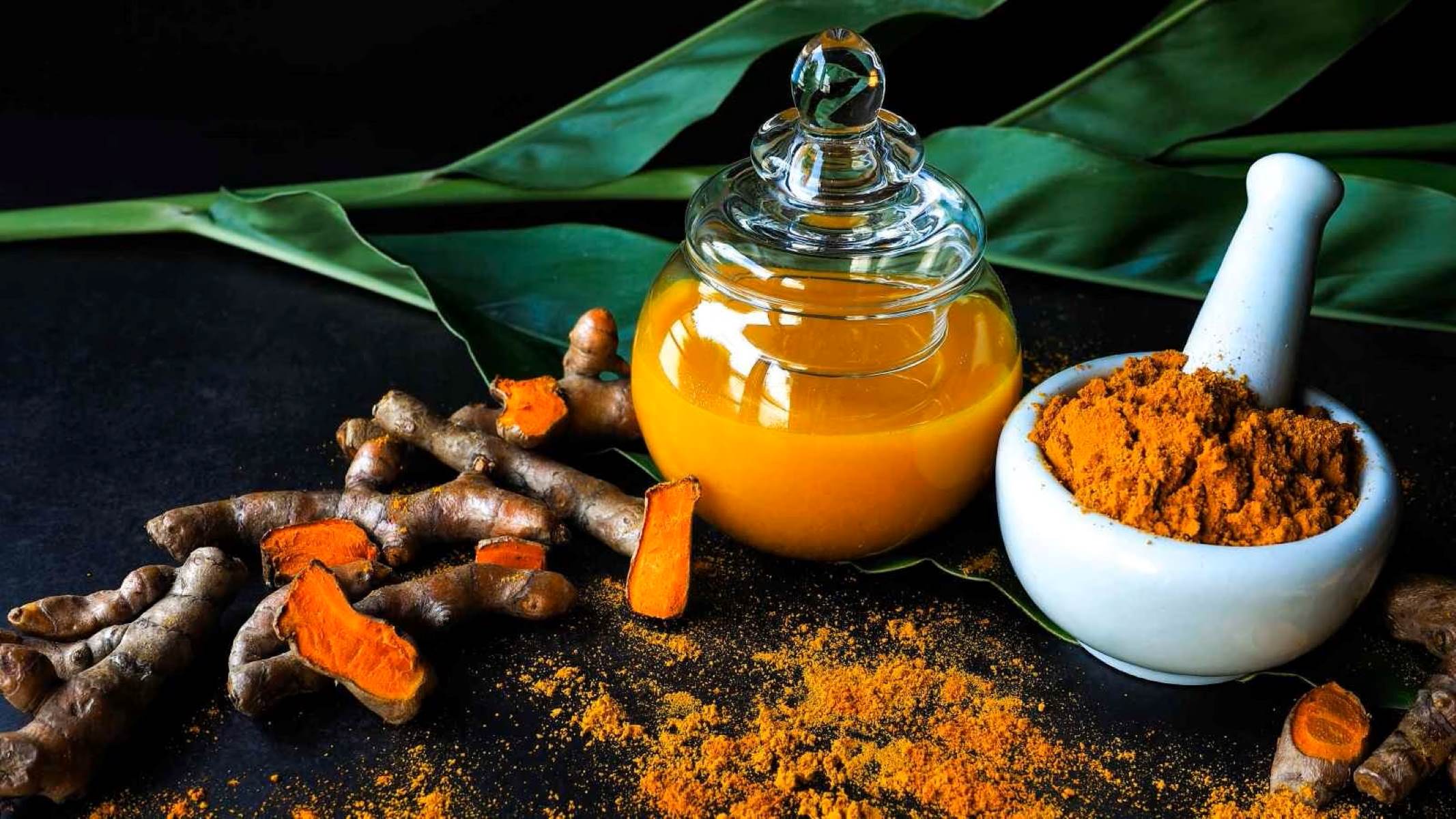
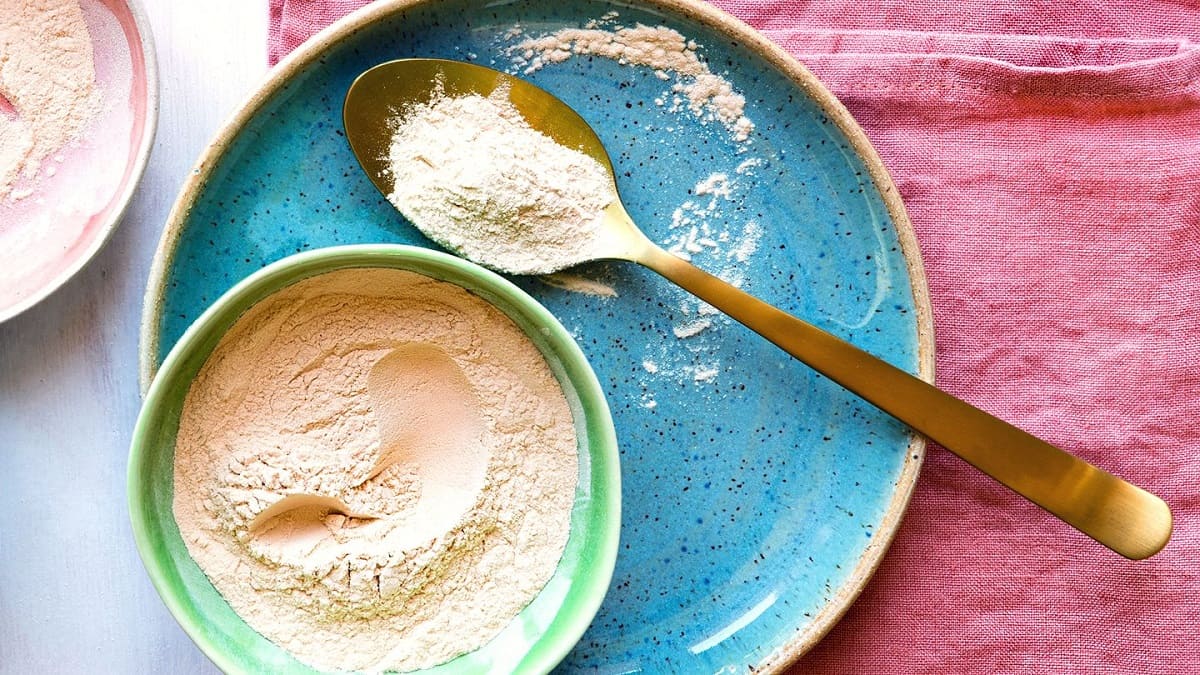
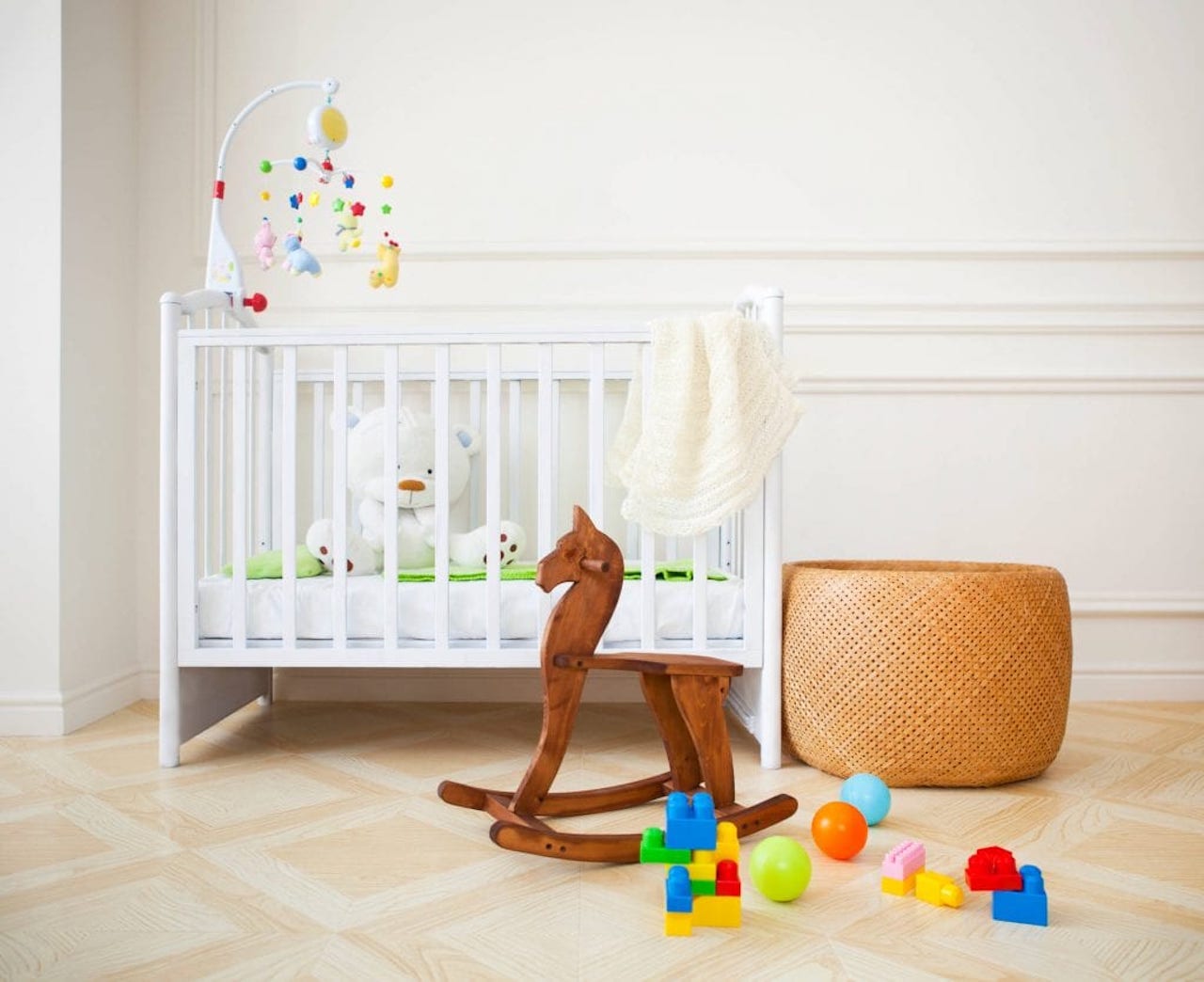
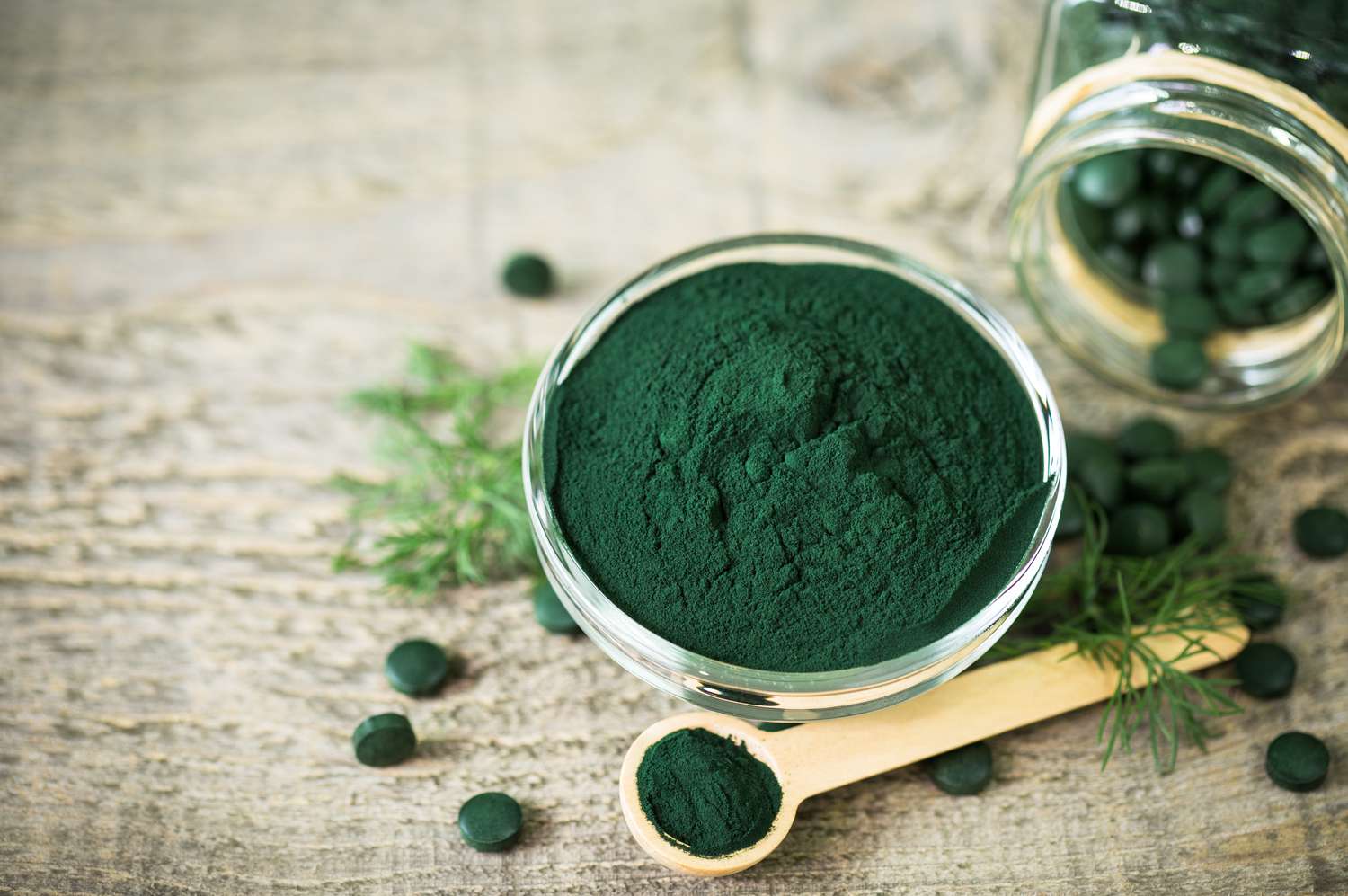
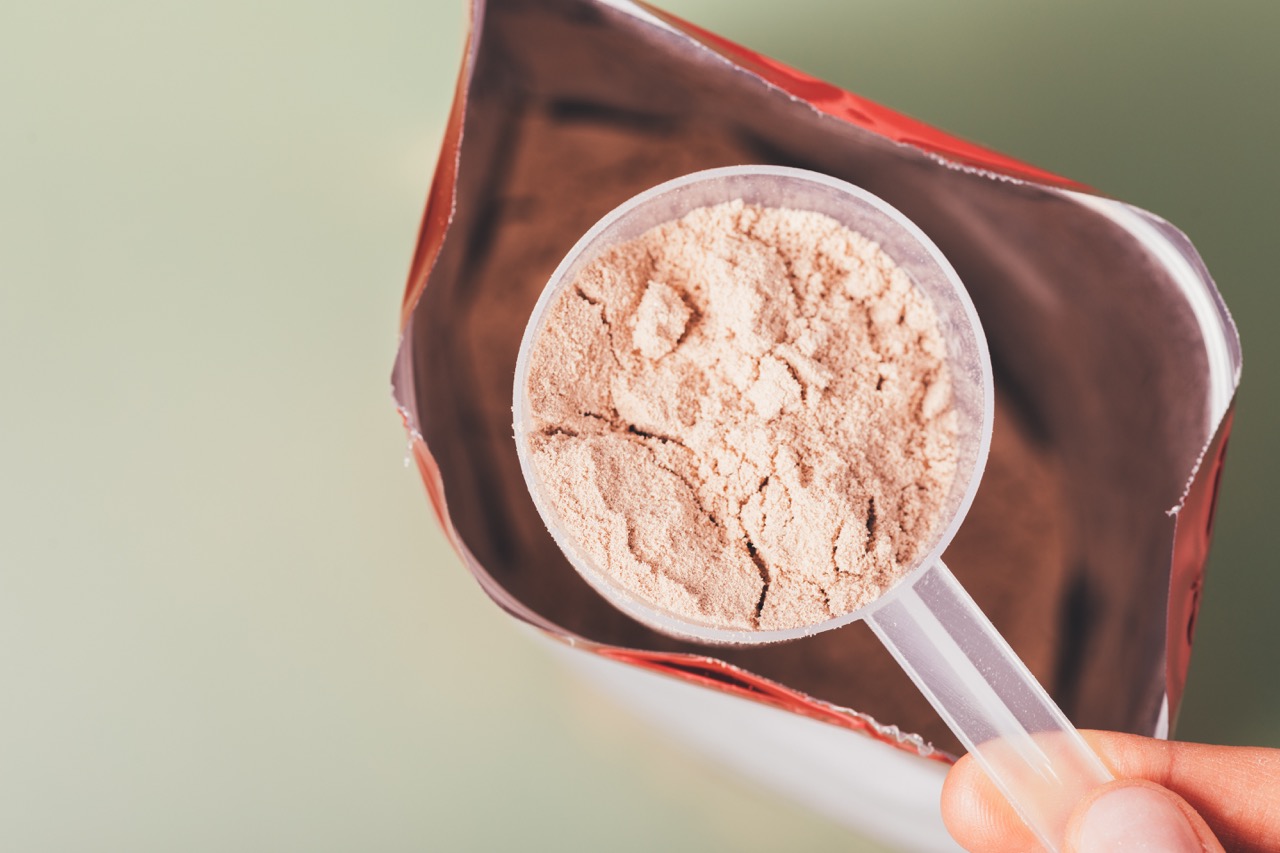
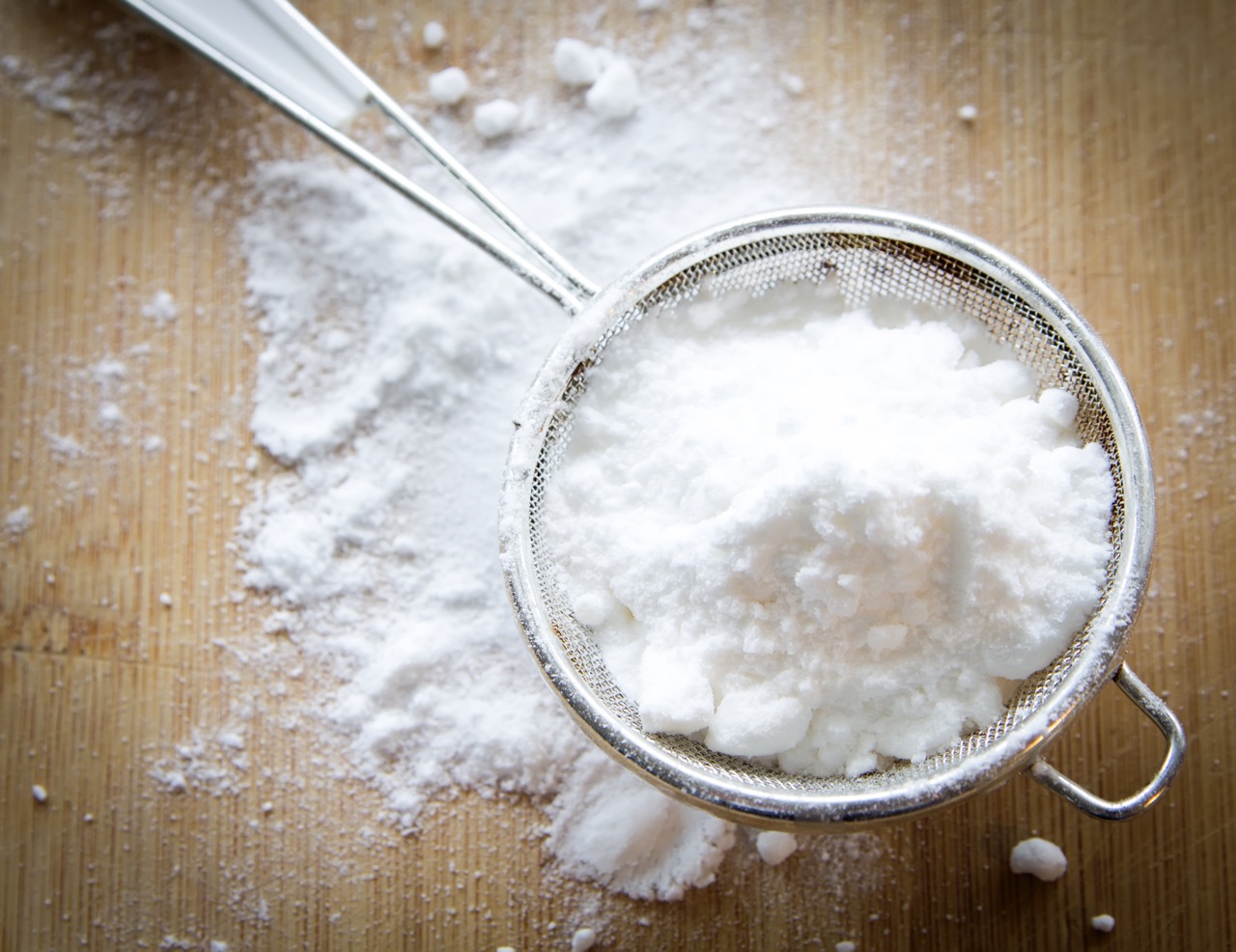
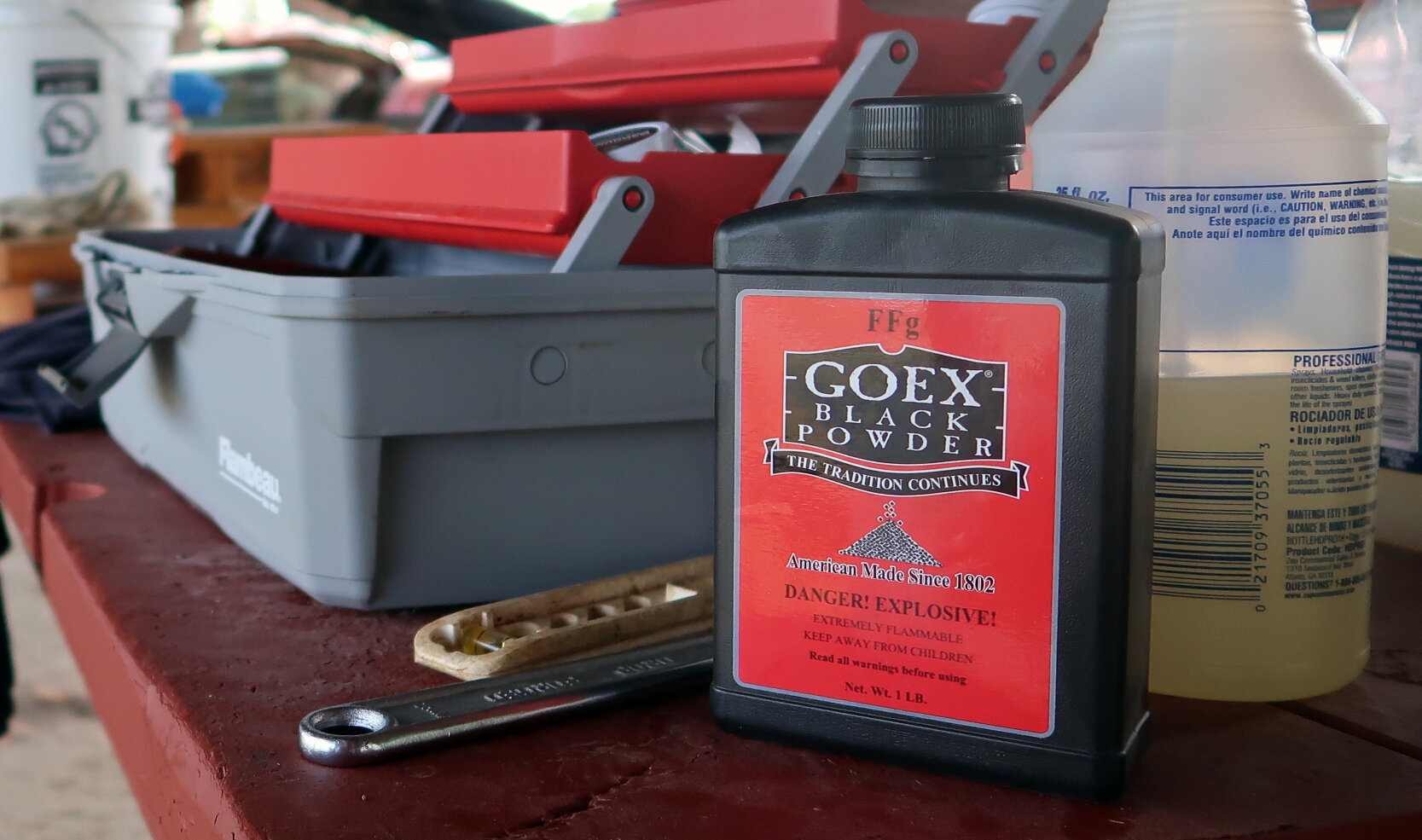
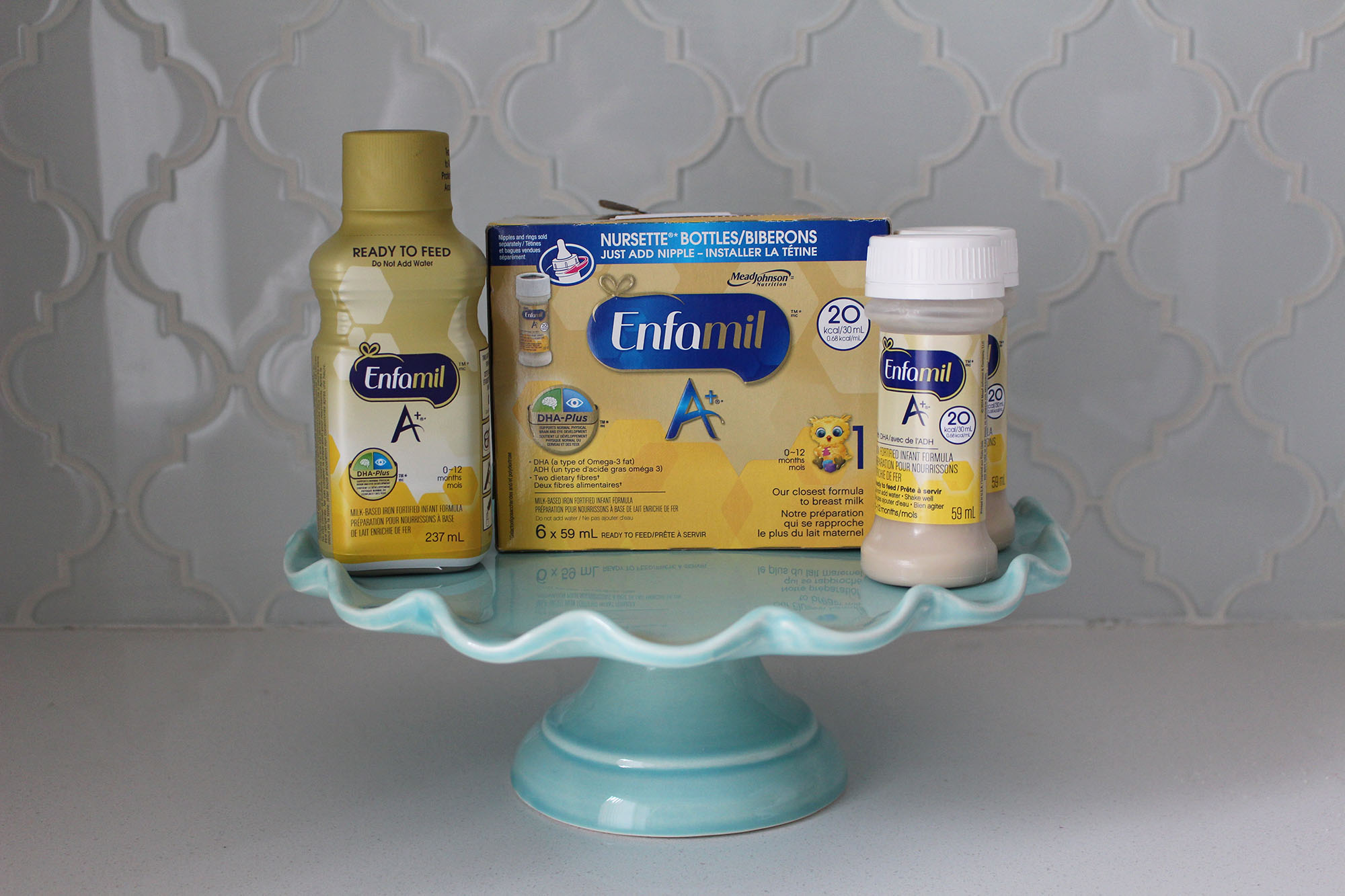
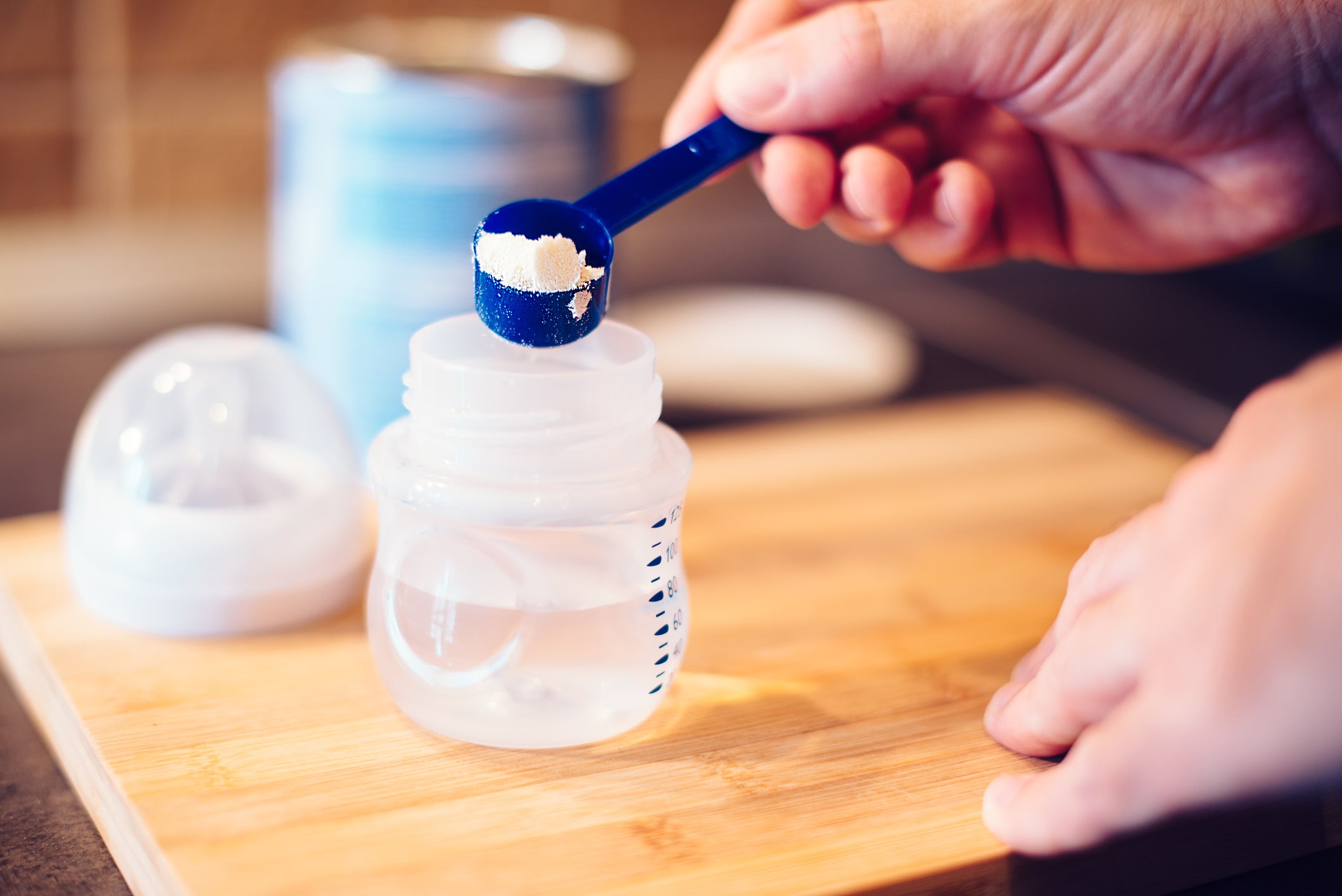
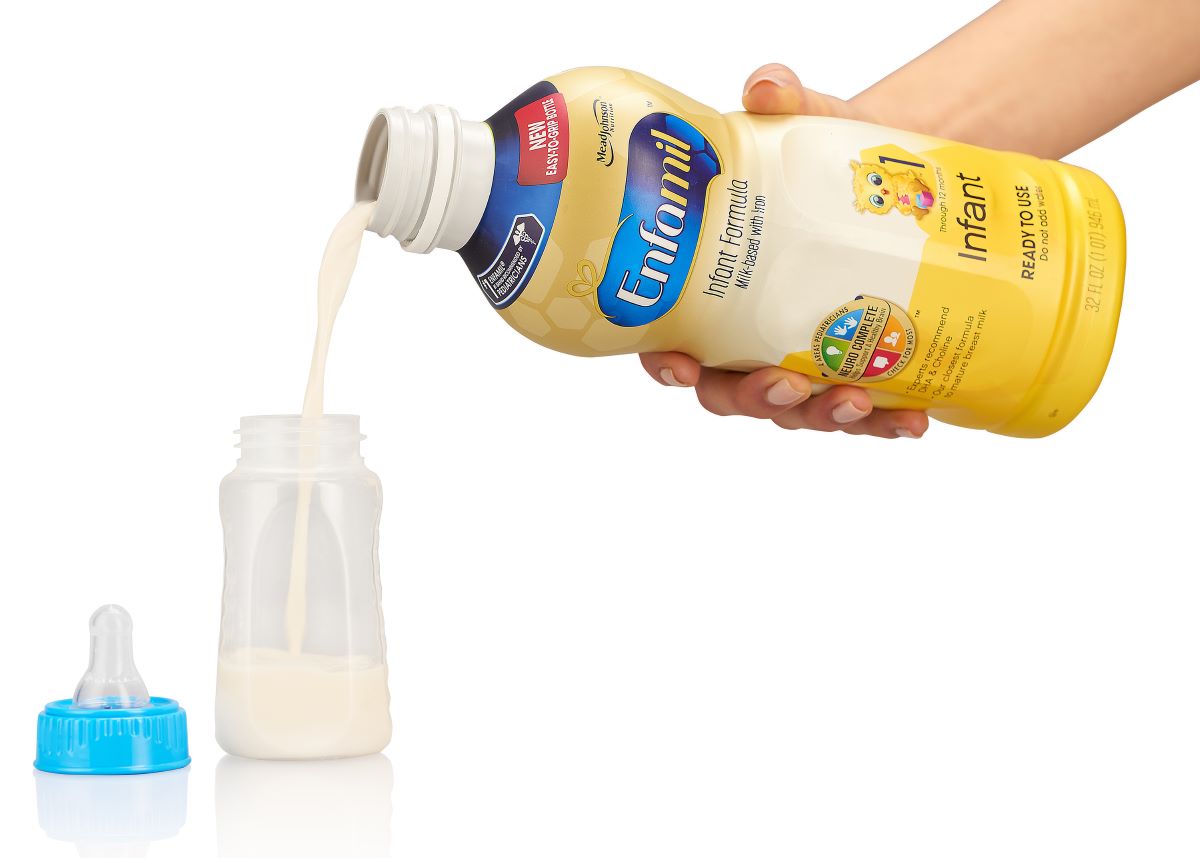
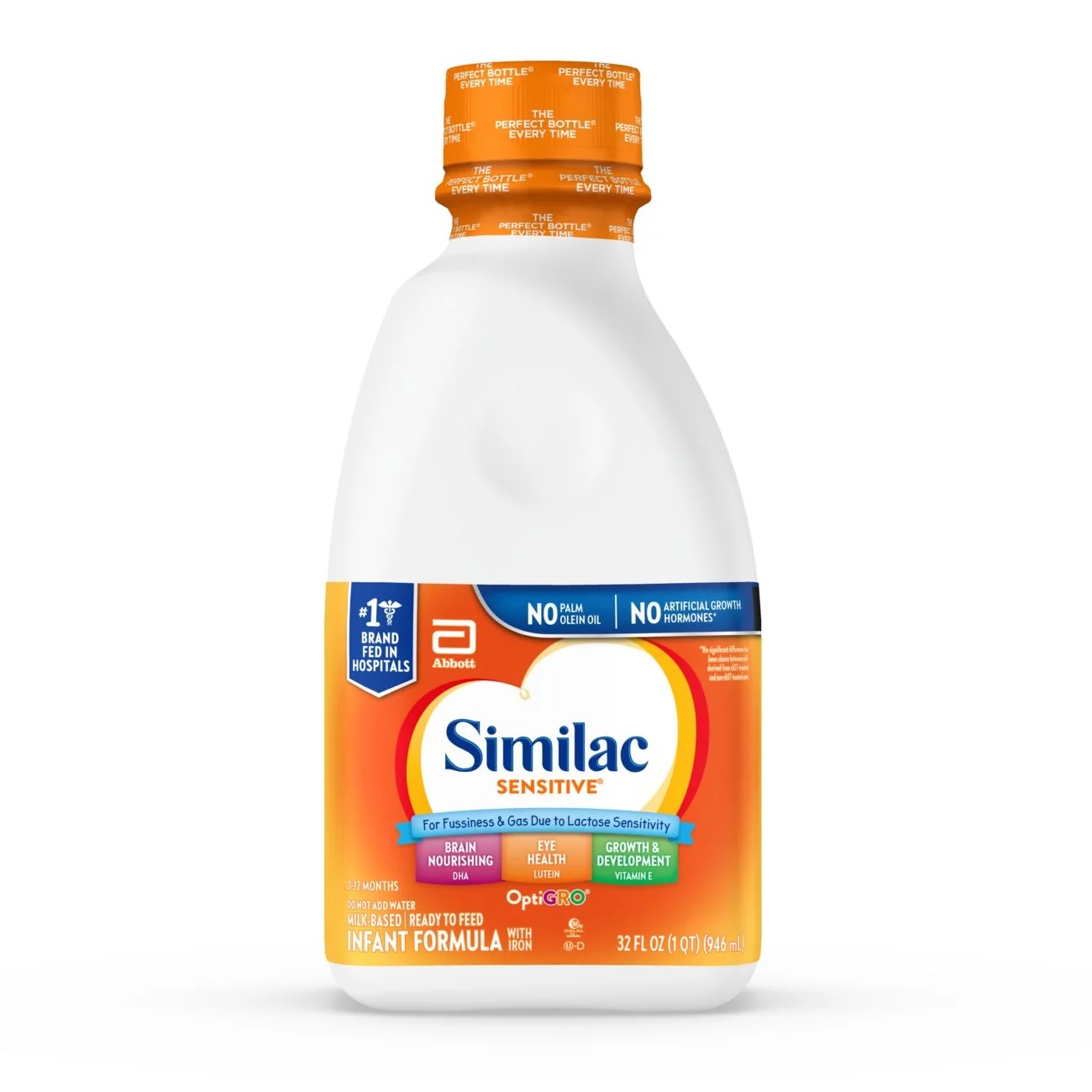
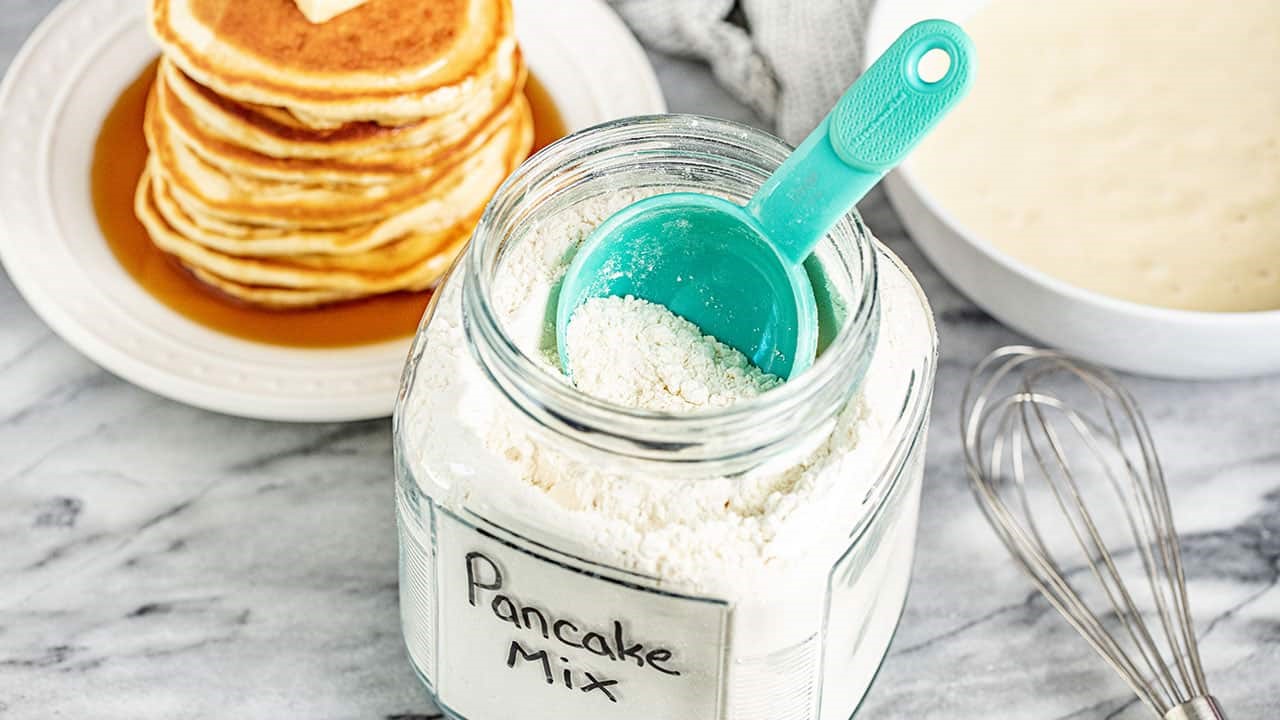
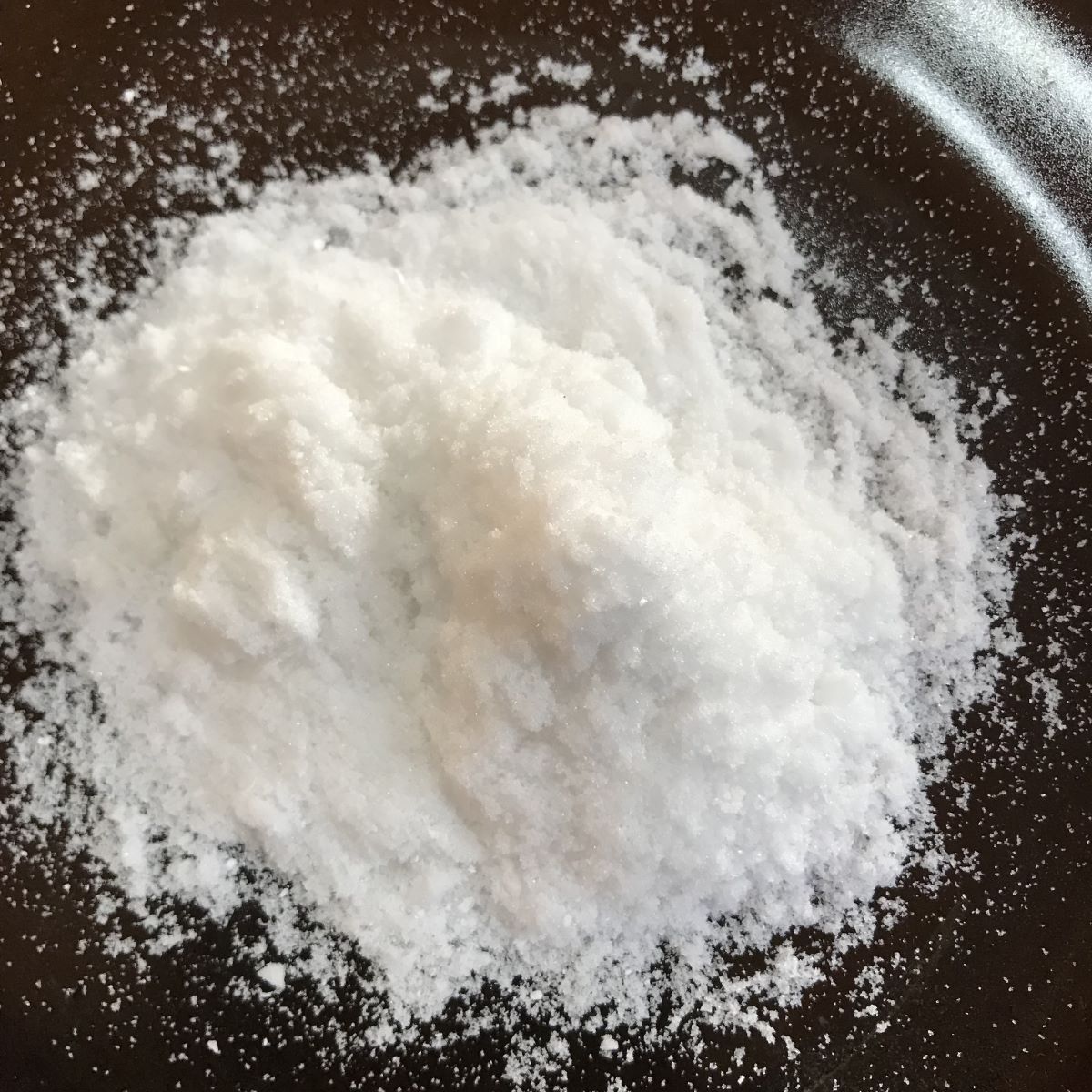

0 thoughts on “How To Store Baby Formula Powder”